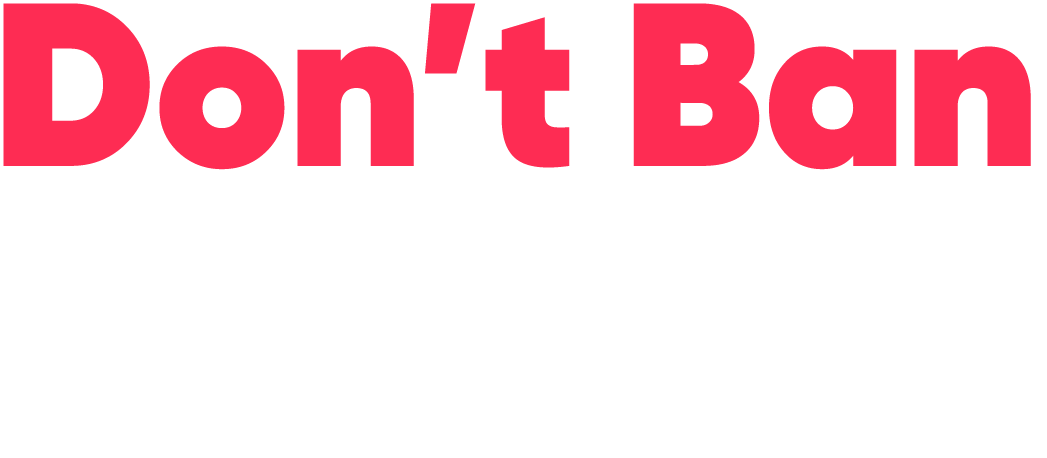
About
Our Story
DBE launched in response to state rollbacks in access to abortion in 2019. Companies were reaching out to leading national reproductive health organizations seeking guidance on how to address and discuss abortion as a workplace issue. More than 300 business leaders signed an open letter published in the New York Times that said “It’s time for companies to stand up for reproductive healthcare.”
In 2021, the sign-on letter was re-ignited when Texas enacted the SB-8 law, more than 50 companies sought guidance on protecting workers and a mechanism to collectively make a statement that the laws would have a major impact on the world’s 8th largest economy.
A new wave of corporate signers joined in the wake of the SCOTUS decision leak and, ultimately, the overturn of Roe v. Wade in 2022, with nearly 1000 companies joining the coalition over the course of 2022 and 2023.
Despite the growing turbulence, the business community has been an important firewall in recent years as access to abortion has been rolled back in many states and since the overturn of Roe. Don’t Ban Equality engages its coalition of private sector allies to meet the moment at every turn - which is why we’ve taken this work from the media into boardrooms and key corporate functions including leads in human resources, government affairs, communications, marketing, community affairs, and of course, the courts and elected officials on understanding abortion access as a workforce and economic issue.
The untenable patchwork of state laws and tumultuous litigation landscape demands a federal standard that will clarify and codify access to reproductive healthcare for our workforce. Congress must take action to protect abortion access by federal legislation that ensures all workers, their families and communities can access reproductive healthcare, without unnecessary bans and restrictions.

Core Partners
The Coalition is led by the Center for Reproductive Rights, Planned Parenthood Federation of America, Reproductive Freedom for All, The American Civil Liberties Union, Rhia Ventures, and National Women’s Law Center. Support comes from The David and Lucile Packard Foundation and Tara Health Foundation. Ongoing coordination and media support for the coalition is provided by McPherson Strategies and BSR serves as an advisor.
Leadership Moments
-
Don’t Ban Equality in North Carolina: 300+ North Carolina businesses signed on to oppose legislation that would ban abortions at 12 weeks. The Rachel Maddow Show featured these corporate leaders’ efforts.
Don’t Ban Equality worked with coalition partners in OH, FL, VA, IN, SC and more to build out business support and support important conversations and ballot initiatives in key states.
-
75+ beauty and wellness brands banded together to make a standalone statement with Don’t Ban Equality about the wellbeing of the communities and customers they serve.
-
Where You Do Business Matters Ad Campaign in Commercial Observer
-
-
Media Coverage:
Forbes: Over 180 CEOs Speak Out On Abortion: 'Don't Ban Equality'
Business Insider: 187 companies, including Bloomberg, Tinder, and Ben & Jerry's, teamed up to slam abortion restrictions sweeping Southern states
CNBC: Jack Dorsey, Emily Weiss and 185 other CEOs sign letter calling abortion bans ‘bad for business’
Huffington Post: Over 180 CEOs Sign Full-Page NYT Ad That Declares Abortion Bans Are 'Bad For Business'
Access Matters
Abortion access matters to business because it affects approximately half of the workforce (some 60 million women of reproductive age) and has significant economic impacts on a micro and macro level.








